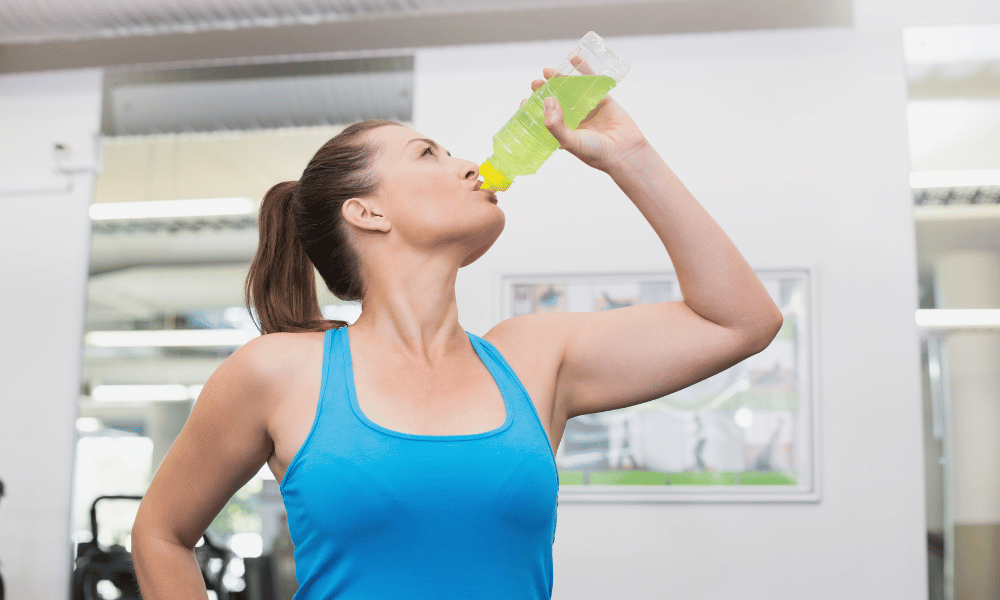
Do Energy Drinks Affect Female Fertility? Energy drinks have become a staple in our fast-paced lives. But beyond their promise of instant energy, what effects do these caffeinated beverages have on female fertility? This blog post delves into the latest research and expert insights on how energy drinks might impact a woman’s ability to conceive.
Understanding Energy Drinks
Energy drinks are beverages that contain caffeine, taurine, vitamins, and other ingredients intended to increase energy and mental performance1. However, their high caffeine content has raised questions about their impact on reproductive health.
The Impact of Energy Drinks on Female Fertility
Studies have suggested that caffeine, a primary ingredient in energy drinks, may decrease estrogen and progesterone levels in the luteal phase of the menstrual cycle2. These hormonal changes can affect a woman’s ovarian reserve, potentially impacting fertility.
Caffeine Intake and Fertility
While some studies have found a link between caffeine consumption and a woman’s ability to conceive, others have not3. The evidence is mixed, and further research is needed to establish a clear relationship between caffeine intake and fertility.
Energy Drinks, Caffeine, and Assisted Reproduction
There is not enough evidence to definitively say that caffeine can cause fertility problems. However, it can reduce the chance of success with assisted reproduction techniques4.
Conclusion
The relationship between energy drinks and female fertility is complex. While some studies suggest potential effects, more research is necessary to fully understand the implications. As we navigate our reproductive health journeys, it’s crucial to make informed decisions about our lifestyle choices, including our consumption of energy drinks.
FAQs
Do energy drinks affect female fertility?
Studies have suggested that caffeine, a primary ingredient in energy drinks, may affect a woman’s ovarian reserve, potentially impacting fertility.
Can caffeine intake impact a woman’s ability to conceive?
While some studies have found a link between caffeine consumption and a woman’s ability to conceive, others have not. More research is needed to establish a clear relationship.
How can energy drinks affect assisted reproduction techniques?
Although there isn’t definitive evidence that caffeine can cause fertility problems, it can reduce the chance of success with assisted reproduction techniques.
Is it safe for women trying to conceive to consume energy drinks?
Given the lack of conclusive evidence and the potential risks, women trying to conceive should discuss their energy drink consumption with their healthcare provider.
Are all energy drinks potentially harmful to fertility?
Not all energy drinks are created equal. Those with high caffeine content are more likely to be associated with potential fertility issues.
